- Category
- War in Ukraine
How the Kremlin is Using Athletes to 'Sportswash' Its War Crimes
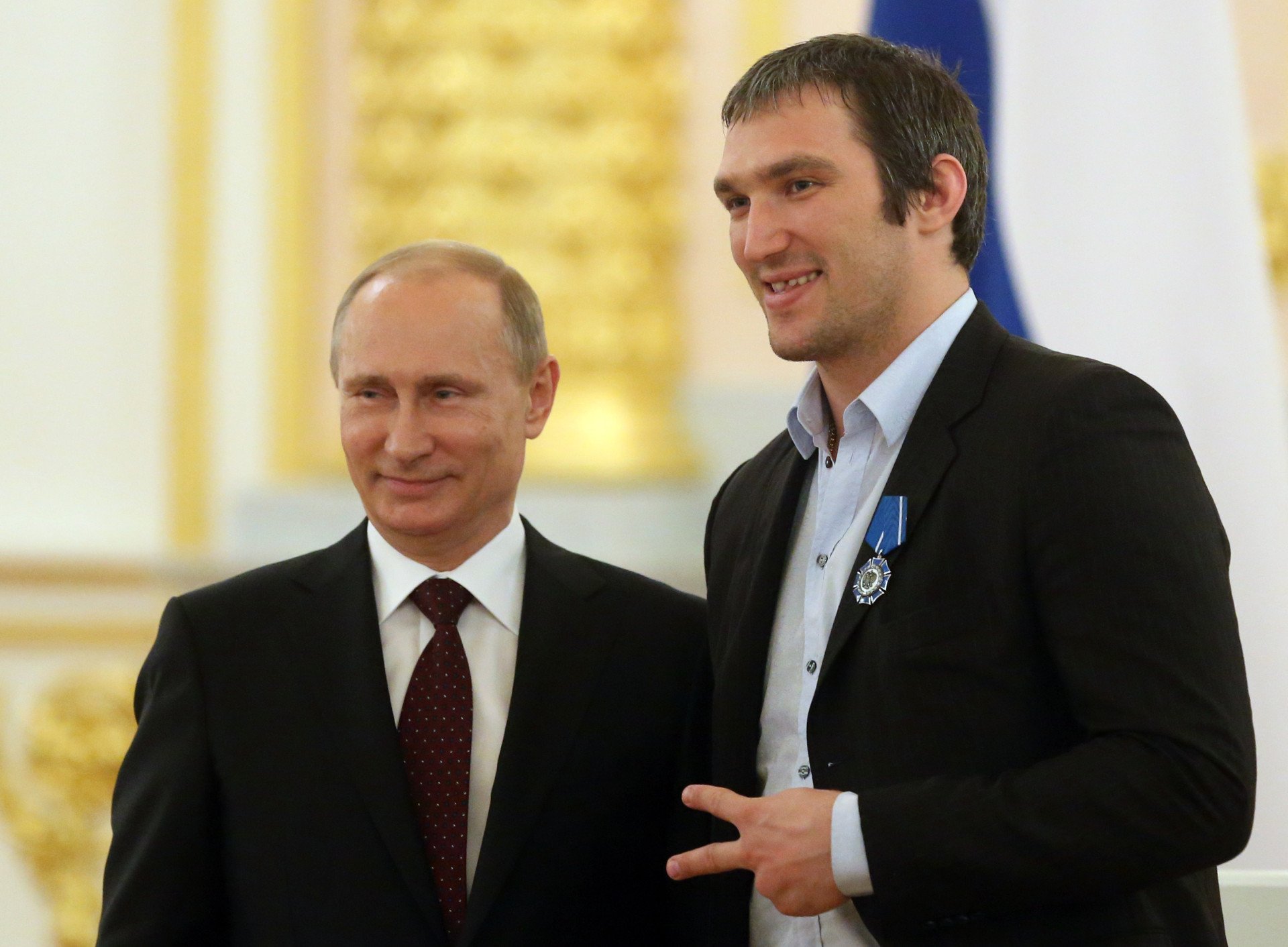
As the global sports community remains indecisive about banning Russian athletes, their participation in international events continues to grow, despite mounting geopolitical tensions. The intertwined nature of Russian sports and propaganda requires prominent athletes, many linked to the "Putin’s Team" movement, to actively support and promote Vladimir Putin's regime on the world stage.
The Ukrainian Defense Intelligence (GUR) has released a database detailing the involvement of these athletes as willing participants in the Russian political machine. Their roles extend far beyond sports, as they have actively contributed to Putin’s image-shaping campaign and continue to play key roles in spreading Kremlin propaganda and bolstering Russia’s international influence.
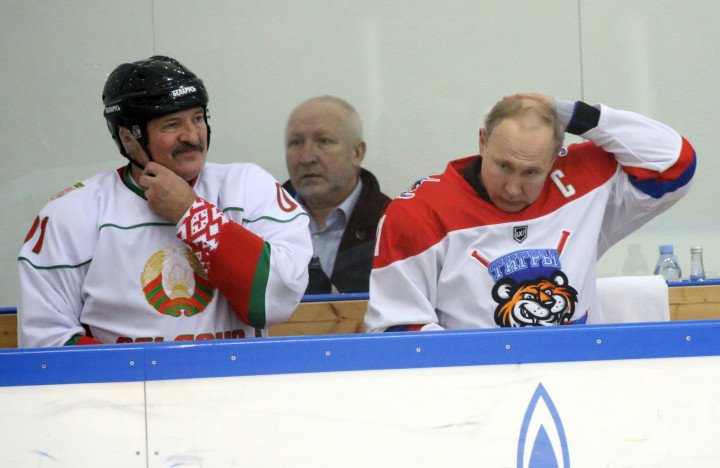
Sports as Russia’s Soft Power Arsenal
Russia has long used sports as a powerful tool to project state strength and consolidate its global image, a practice that extends far beyond the 2024 election campaign. A prime example is the 2014 Sochi Winter Olympics, a lavish spectacle held in a subtropical zone, costing an estimated $50 billion.
The event was meant to showcase Russia’s might and organizational prowess but was marred by widespread doping scandals, revealing how deeply intertwined sports and state interests have become. Beyond doping, Russian athletes often serve as ambassadors of the regime, supporting and legitimizing Putin's power, a tradition that dates back to the Soviet era when sports were integral to national pride and global influence.
This deep-rooted use of sports as a political weapon continues today, with athletes actively participating in Kremlin narratives and distracting from Russia’s ongoing conflicts, such as the war in Ukraine.
Although Russian athletes are increasingly being allowed to participate in various international competitions, they continue to play a significant role in supporting the regime. These athletes, often aligned with Kremlin interests, use their global platform to promote Russia’s image abroad, engaging in what is now widely referred to as “sportswashing.”
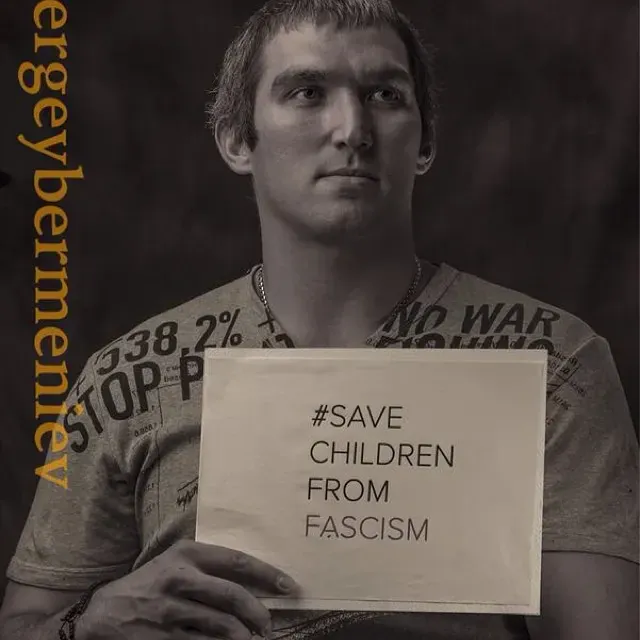
Their influence often extends far beyond Russia’s borders. Take Alexander Ovechkin, a prominent hockey player and member of "Putin’s Team," who leverages his global platform to promote Kremlin-backed narratives. Ovechkin consistently uses his visibility in international sports, particularly in the NHL, to advance pro-Russian messaging, solidifying his role as a political advocate for the regime and amplifying its influence on the world stage.
This pattern extends to other athletes and sports clubs that maintain deep ties with the government. These clubs, often financially backed by state-affiliated entities like Gazprom, Athletes who continue to participate in international competitions, despite sanctions, help Russia maintain its global presence and influence.
By appearing on the world stage, they project an image of unity and resilience, becoming vehicles for Kremlin propaganda. Figures like Alexander Ovechkin, who is a central member of "Putin’s Team," use their fame to shift attention away from controversies such as Russia’s war in Ukraine.
Images from open sources, like social media, show Ovechkin and other athletes closely aligning themselves with pro-Kremlin messaging. For example, Ovechkin’s Instagram profile, once featuring a photo with Putin, became a symbol of his loyalty to the Russian president.
Ovechkin, in particular, has used his platform to advance Kremlin propaganda. His creation of the "Putin’s Team" movement demonstrated his close ties to the regime, while his role as captain of the Washington Capitals allowed him to spread these messages globally.
Social movements involving athletes were central in endorsing Putin’s candidacy during various elections, including 2024.
These athletes serve not just as sports icons, but as active participants in promoting state narratives abroad. Their presence on the global stage helps Russia deflect from its political actions while maintaining a veneer of strength and normalcy.
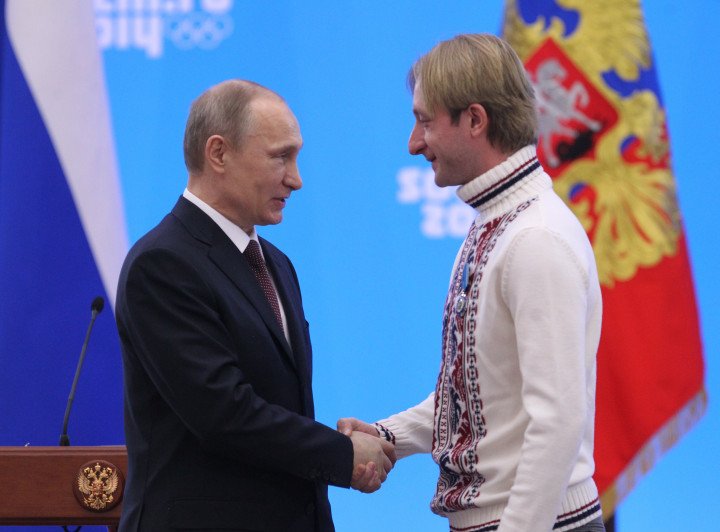
Who are the athletes?
Often, athletes from the Russian Federation are far from passive figures in Russia's political landscape—they have become deeply involved in legitimizing and promoting a regime that is engaging in genocide (among other things).
Russian athletes can be central figures in organizations that bolster the regime, for example, skater Evgeni Plushenko use his international fame to endorse pro-Kremlin narratives. His involvement in movements like the "People’s Front for Russia" underscores how sports figures are actively integrated into promoting the state's political agenda.
Plushenko publicly supported the 2020 constitutional amendments that allowed Putin to extend his rule, showing how intertwined sports and state politics have become in Russia.
His participation, alongside his family, in a campaign video promoting the amendments was an early signal of how deeply sports figures had become involved in reinforcing Kremlin narratives. By 2022, Plushenko was formally listed as one of Putin’s proxies for the 2024 election, further solidifying his role as a political figure, and even expressing his readiness to perform for free for military personnel in occupied territories like the so-called “DPR” and “LPR”.
Athletes in Russia leveraged their fame by making public appearances at campaign rallies, reinforcing the state narrative of strength and unity. Their ties to the military are also undeniable; many are linked to sports clubs sponsored by defense conglomerates like Rostec, and some have openly supported Russia's military actions, particularly the "special military operation" in Ukraine.
Through these roles, they go beyond being sporting icons—they have evolved into political operators who play a crucial role in maintaining the regime's image and narrative both domestically and internationally.
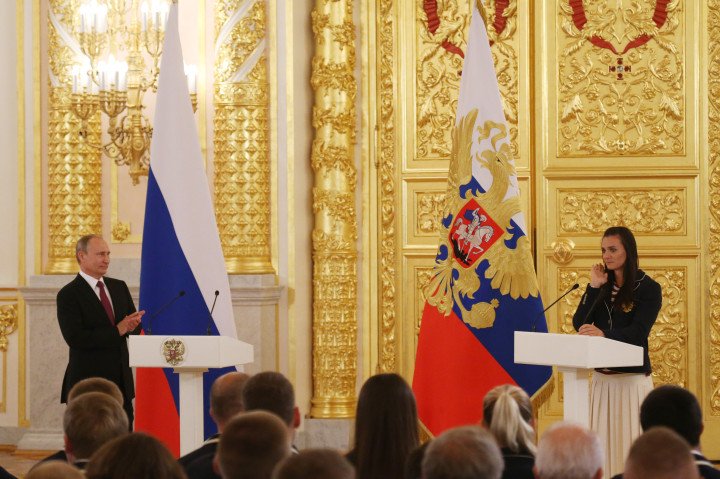
Elena Isinbayeva, another key figure, has also contributed to Putin’s legitimacy. A two-time Olympic pole vault champion, she has been an outspoken supporter of Putin in multiple elections, including those in 2012 and 2018.
Like Plushenko, she played a role in promoting the constitutional amendments that extended Putin’s reign. Moreover, her involvement with "Putin’s Team" and her close ties to Russia’s military—as evidenced by her rank of major—demonstrates how deeply entwined her sporting success is with the state’s political machinery.
Together, these athletes exemplify how sports and politics in Russia have merged, with high-profile figures like Plushenko, Ovechkin, and Isinbayeva actively shaping public opinion, legitimizing state power, and reinforcing the Kremlin’s narratives, both at home and abroad.
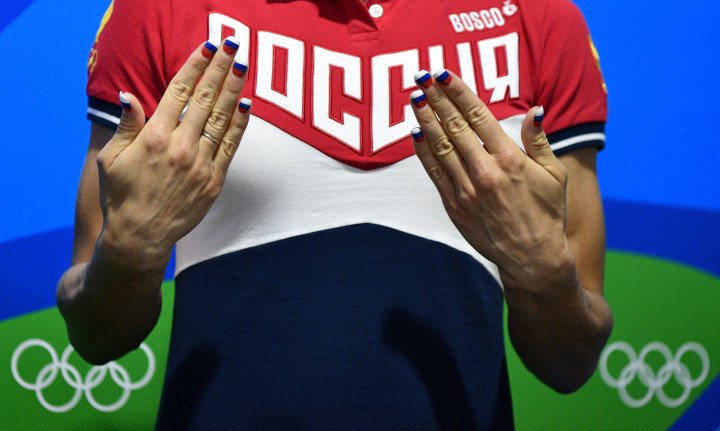
The case for banning Russian athletes: now more urgent than ever
The involvement of Russian athletes in supporting Putin’s re-election highlights a critical issue: their participation in international sports is no longer purely about competition. By aligning themselves with the political regime, these athletes have taken on a role that extends beyond the arena, acting as influential figures who contribute to shaping Russia's global image.
Their achievements as globally recognized athletes allow them to subtly, yet powerfully, amplify narratives that support the Kremlin’s geopolitical agenda, especially softening Russia’s image from an aggressor state to a victim of American global hegemony.
Allowing these athletes to compete under the guise of neutrality risks undermining the international community's efforts to hold Russia accountable for its actions. Participation in high-profile sporting events offers these athletes a platform that the Kremlin could use to further its political objectives, leveraging sports as a tool of soft power and influence.
This, in turn, challenges the integrity of international sports organizations, which strive to maintain a separation between politics and competition. The debate around banning Russian athletes from international competitions is complex but necessary. It's not simply a punitive action—it reflects a broader recognition of how deeply intertwined sports and politics have become in Putin's Russia.
To address the political involvement of athletes, sports organizations should, at the very least, require these individuals to publicly denounce Vladimir Putin's regime and Russia’s war against Ukraine. This litmus test, involving such a banal statement, would help understand the political affiliations of potentially compromised athletes.
By asking for public condemnation of the war, sports institutions can take meaningful steps to uphold the integrity of global competitions and prevent them from being used for political propaganda.
This approach would also send a message that participation in international sports comes with the responsibility to distance oneself from regimes engaged in human rights abuses and military aggression. Taking this step is critical to ensuring that global sports platforms are not exploited to further the political objectives of criminal governments.

-35249c104385ca158fb62273fbd31476.jpg)


-554f0711f15a880af68b2550a739eee4.jpg)


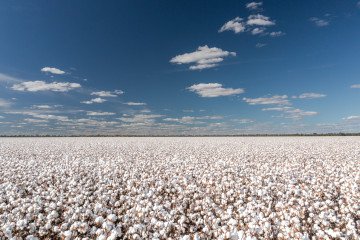
-206008aed5f329e86c52788e3e423f23.jpg)